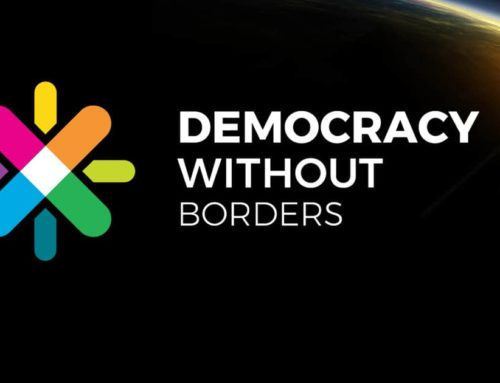The risk is that such framing will prove unpersuasive and counterproductive to a wider global audience. Many nations are skeptical of the standing of the United States to present itself as a paragon of democracy, particularly in the wake of the Trump years, and especially after the attempted coup of January 6, 2021. It is also difficult as a practical matter to sort the world’s 193 nations cleanly into democracies and non-democracies—a reality underscored by the questionable guest list for the president’s first Summit for Democracy. Moreover, as Biden’s upcoming trip to Saudi Arabia shows, democratic governments often sacrifice espoused principles for perceived strategic interests, exposing them to charges of hypocrisy.
Such “us-versus-them” framing also risks alienating democracies and partial democracies in Africa, Asia, Latin America, and the Middle East on which the West depends both to bolster the rules-based international system and to cooperate on global matters like climate change, trade, and pandemic disease. Many nations, including among others Brazil, India, Indonesia, Singapore, and South Africa, would prefer to maintain a pragmatic stance rather than join a new “free world” coalition. Forcing them to choose sides is unrealistic and unwise.




